
As an SEO professional, staying on top of your performance metrics is crucial. Automated SEO reports/reporting have emerged as a game-changer in simplifying the process of tracking and analyzing SEO data. Whether you’re managing a single website or multiple clients, automating SEO reports can save time, improve accuracy, and provide actionable insights faster than manual reporting methods.
In this guide, we’ll explore the benefits, tools, and best practices for using automated SEO reports to transform how you monitor, evaluate, and present your SEO efforts.
What Are Automated SEO Reports?
Automated SEO reports are reports generated by SEO tools that automatically pull data from various sources, analyze the results, and present them in an easy-to-understand format. These reports provide key SEO metrics like keyword rankings, traffic, backlinks, site health, and more.
With the power of automation, SEO professionals can quickly access up-to-date, accurate reports without manually gathering data or compiling spreadsheets.
Key Components of Automated SEO Reports
- Keyword Ranking: Tracking the position of target keywords over time.
- Organic Traffic: Insights into the volume of traffic driven through organic search.
- Backlink Analysis: Assessing the quantity and quality of backlinks.
- On-Page SEO Health: Monitoring page speed, content quality, meta tags, and more.
- Competitor Insights: Comparing your SEO performance with that of your competitors.
- Technical SEO Issues: Identifying any crawl errors, broken links, or other site issues.
These reports are typically generated through SEO software tools that provide scheduled reports via email or a dashboard, with the ability to customize data parameters.
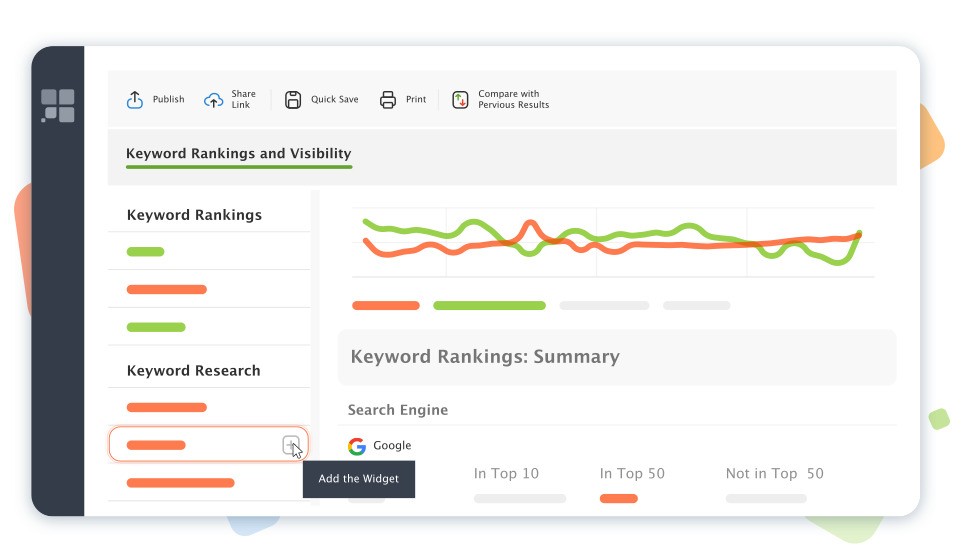
Why Automated SEO Reporting Matters?
-
Time Efficiency
Manually compiling SEO reports can be tedious and time-consuming. Automated SEO reports save hours of manual work, enabling SEO teams and professionals to focus on more strategic activities, such as optimizing websites and creating content.
Automation allows you to set the reports to run at regular intervals, so they’re always fresh and ready to analyze when needed.
-
Data Accuracy and Consistency
Manual reporting increases the risk of errors, which can result in inaccurate data or missed opportunities. Automated SEO reporting ensures that you’re working with up-to-date, accurate data pulled directly from trusted sources, reducing the risk of human error.
Consistency is key for SEO success, and automation helps maintain that consistency.
-
Real-Time Insights
SEO is a fast-moving field, and things can change quickly. Automated SEO reports help keep you updated on your SEO performance in real-time, without having to wait for the manual compilation of data.
This means you can quickly adjust your strategy when necessary to take advantage of new opportunities or address problems as they arise.
-
Client-Friendly Reporting
For agencies and freelancers, automated SEO reports offer a professional, streamlined way to present SEO progress to clients. These reports are often customizable, allowing agencies to provide clients with branded, detailed reports that are easy to understand.
Automated reporting removes the need to explain the details behind the data, as the reports already lay everything out in a user-friendly format.
-
Customizable and Scalable
Whether you’re managing a small website or handling SEO for multiple clients, automated SEO reporting tools allow you to tailor reports according to the needs of your business or clients.
You can focus on specific metrics, such as keyword performance or technical SEO health, and choose how often to receive reports. This scalability is perfect for growing businesses or agencies with expanding portfolios.
Best Tools for Automated SEO Reporting
-
SEMrush
SEMrush is one of the most popular all-in-one SEO platforms, and its automated reporting features are robust. You can create custom SEO reports that include data on keyword rankings, backlinks, site audits, traffic analysis, and more.
SEMrush’s reports are highly customizable and can be scheduled to automatically be sent to you or your clients.
Key Features:
- Automated report generation with custom templates.
- Regularly scheduled reports for ongoing performance tracking.
- In-depth competitor analysis and keyword tracking.
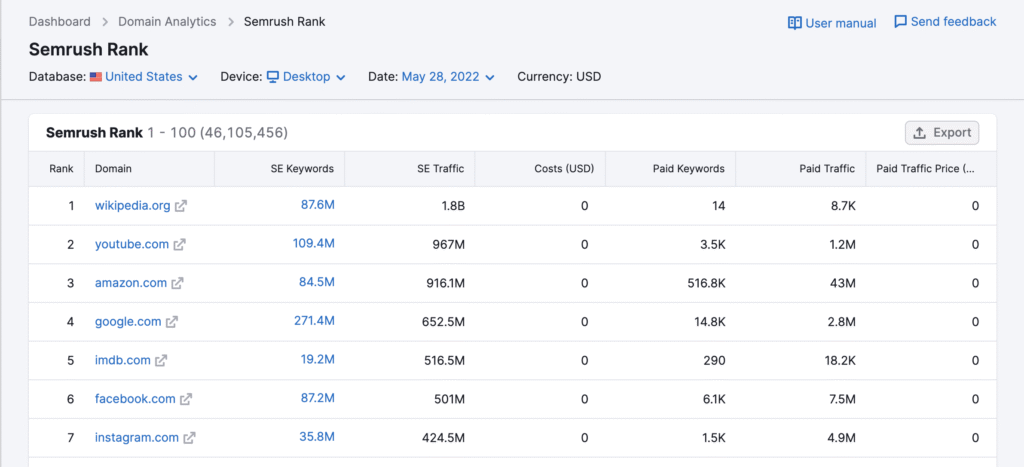
-
Moz Pro
Moz Pro offers automated reporting tools that allow you to easily track keyword rankings and SEO metrics. Moz Pro’s reports are easy to share with clients or stakeholders, making it a popular choice for SEO agencies.
With Moz Pro, you can set up automated reports that focus on keyword performance, site audits, and overall site health.
Key Features:
- Simple-to-use interface.
- Regularly scheduled reports with key metrics.
- Keyword and link tracking, along with detailed SEO audits.
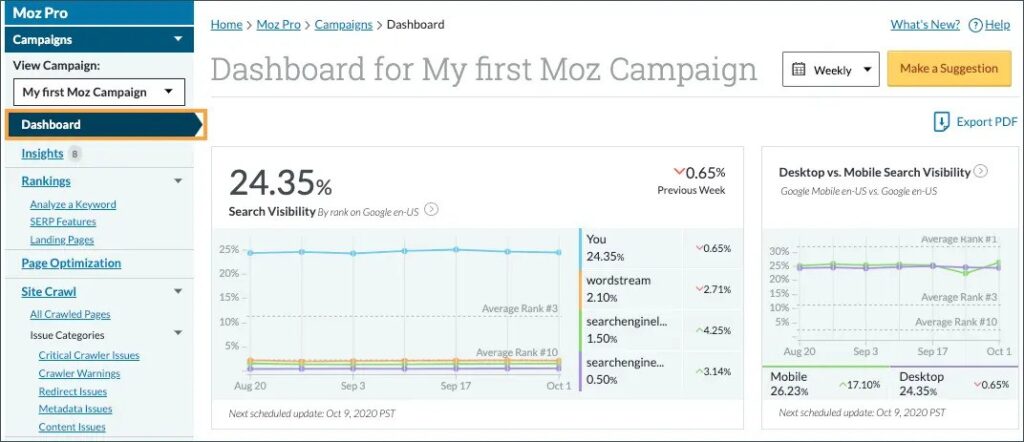
-
Google Data Studio
Google Data Studio allows you to create custom, branded SEO reports by connecting to various data sources like Google Analytics, Google Search Console, and more.
Using Google Data Studio, you can build highly customized automated SEO reports that provide real-time insights into your SEO efforts.
Key Features:
- Free and fully customizable reporting tool.
- Integration with Google Analytics and Search Console.
- Real-time data and easy sharing of reports with stakeholders.
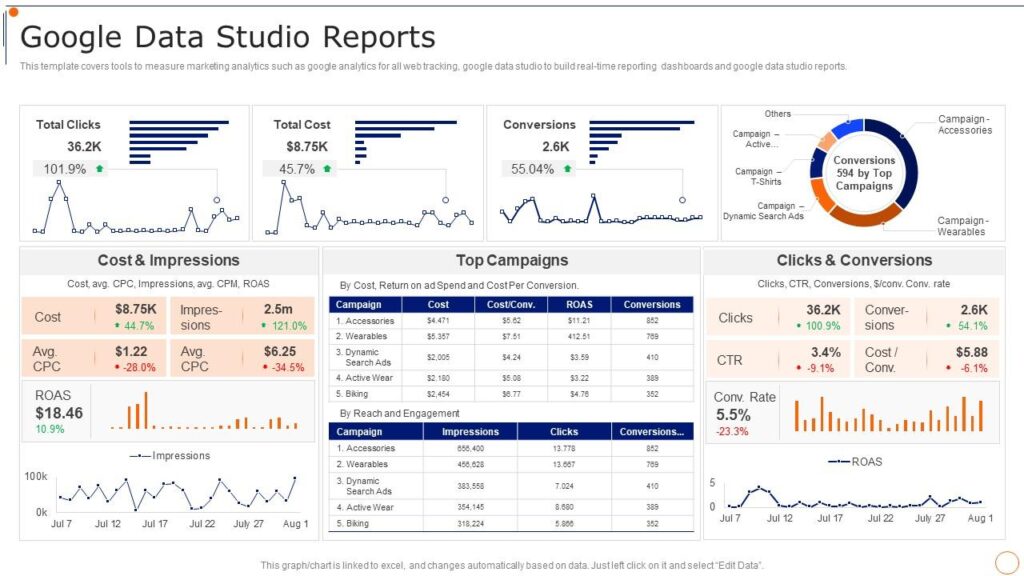
-
Ahrefs
Ahrefs is widely known for its backlink analysis tools, but it also offers automated reporting features. Ahrefs allows you to track keyword rankings, organic search traffic, and site health over time. You can also schedule reports and export them for use in presentations or client updates.
Key Features:
- Comprehensive backlink analysis.
- Automated reporting with keyword tracking and site audits.
- Data export and scheduled email reports.
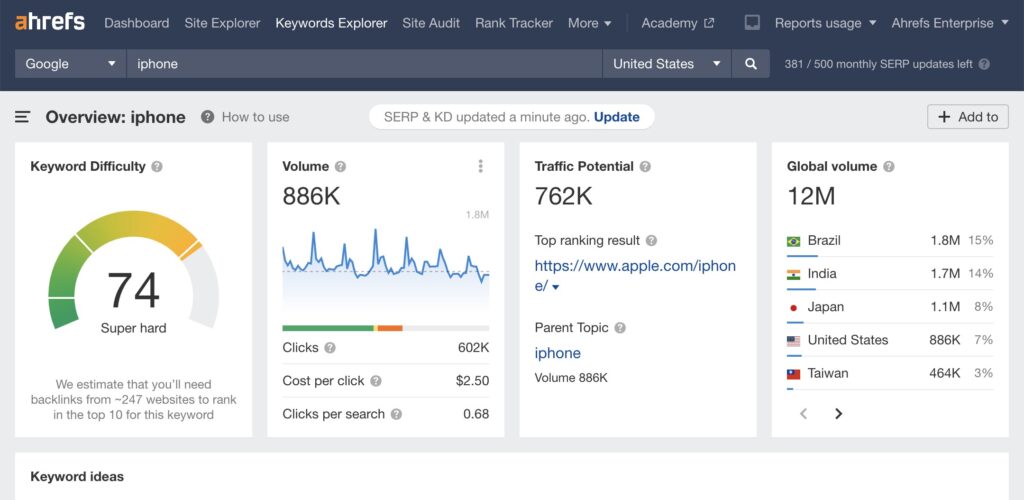
-
Ubersuggest
Ubersuggest offers affordable SEO reporting features that provide keyword rankings, backlinks, and SEO audits. For small businesses or startups, Ubersuggest is a great option for those looking for basic automated SEO reports without the hefty price tag.
Key Features:
- Automated keyword ranking tracking.
- Customizable reports on SEO health.
- Simple dashboard and easy-to-read reports.
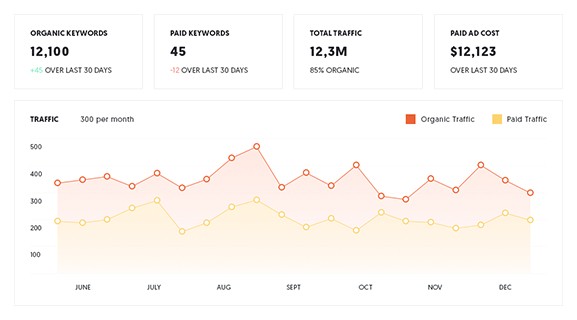
Best Practices for Automated SEO Reporting
-
Choose the Right Metrics
While it’s tempting to include as much data as possible, it’s important to focus on the metrics that matter most to your business or clients.
Tailor your automated SEO reports to include key performance indicators (KPIs) like organic traffic, keyword rankings, and conversion rates. Overloading your reports with irrelevant data can make them overwhelming.
-
Set Regular Reporting Intervals
Set up reports to run on a regular basis—whether weekly, bi-weekly, or monthly. The frequency should align with your SEO strategy and how often you make adjustments to the website.
For example, if you’re working on content optimization, monthly reports may be sufficient, but if you’re focusing on technical issues, weekly reports might be more effective.
-
Make Reports Easy to Understand
The best automated SEO reports are those that are easy to digest. Avoid jargon or overly technical language unless necessary. Use graphs, charts, and visual elements to make the data more accessible to clients or stakeholders who might not have an SEO background.
-
Take Action Based on Report Data
Automated SEO reports are only useful if you take action based on their insights. If a report shows a drop in keyword rankings or increases in site errors, take steps to optimize or correct the issues.
Regularly reviewing these reports will help you make informed decisions and keep improving your SEO performance.
Conclusion
Automated SEO reports are a must-have tool for anyone serious about SEO. Whether you’re an agency managing multiple clients or a business owner handling your SEO in-house, these reports save time, increase accuracy, and provide actionable insights.
By choosing the right tool, setting up customized reports, and using them strategically, you can streamline your SEO efforts and ensure your website or clients stay ahead of the competition. With automation, SEO reporting no longer has to be a time-consuming, manual task — it can become an effortless part of your ongoing SEO strategy.
If you haven’t yet embraced automated SEO reporting, now is the time to start reaping the benefits of this powerful tool.
